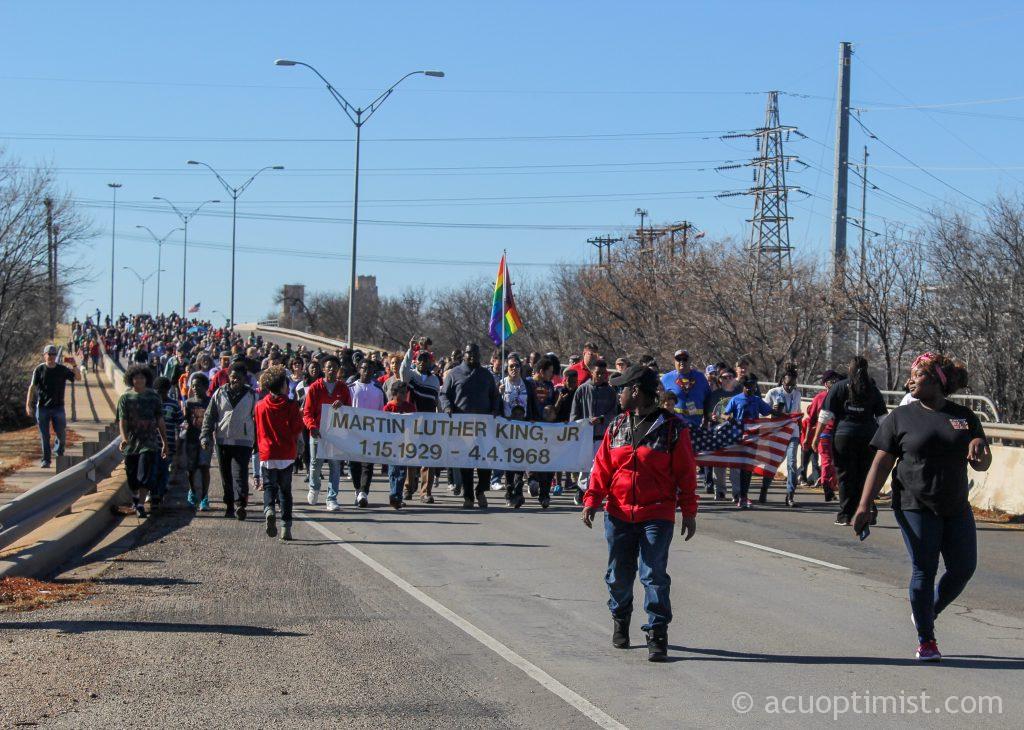It’s inauguration day and it seems like most American citizens revert to two responses: pray or protest. You may have voted for Trump and gladly accepted the reality that he is your president. You may have violently opposed his election, declaring confidently that he isn’t yours.
Amidst differing views and a cacophony of political and religious commentary, how do we respond? As thousands of people across the country are protesting the inauguration of the 44th President of the United States, Christians must grapple with the biblical command to obey authorities and pray for their leaders. Should faithful Christians stand by silently bowed in prayer or stand up in protest against authorities that seem to come against some of their most deeply held beliefs?
Can you do both?
Yes, actually.
We can pray for Donald Trump even if we don’t like him.
We can protest against his policies, actions, and words that have offended so many.
We can fill the streets with picket signs on Inauguration Day and shout our disagreements, but still, even through gritted teeth, we can pray.
We can chant “Not my president” all we want, but the same Constitution that gives us the freedom of speech and religion is the same Constitution that also says “He is our president.”
As uncomfortable of a truth as this might be for some to acknowledge, it’s a truth that composes the very bedrock of American democracy. We hold the right to peaceably assemble, the right to freely exercise religion, the right to speak out when we disagree with the president himself.
We cannot use the command to obey authorities as an excuse not to stand up for justice. This week in Chapel, we heard the words of Martin Luther King Jr. from his “I’ve Been to the Mountaintop” speech delivered in 1968. As a pastor, King applied his faith to his mission of civil rights for all people.
Dr. King said, “And when we have our march, you need to be there. If it means leaving work, if it means leaving school — be there. Be concerned about your brother. You may not be on strike, but either we go up together, or we go down together. Let us develop a kind of dangerous unselfishness.”
In his speech, he spoke not only of marching, but of the parable of the good samaritan, of not using violent words or actions against institutions that oppressed him. He stood up in prayerful protest, dangerously unselfish, wanting justice for a people he loved.
King said, “If I lived in China or even Russia, or any totalitarian country, maybe I could understand some of these illegal injunctions. Maybe I could understand the denial of certain basic First Amendment privileges, because they hadn’t committed themselves to that over there. But somewhere I read of the freedom of assembly. Somewhere I read of the freedom of speech. Somewhere I read of the freedom of press. Somewhere I read that the greatness of America is the right to protest for right.”
We couldn’t put it better.

